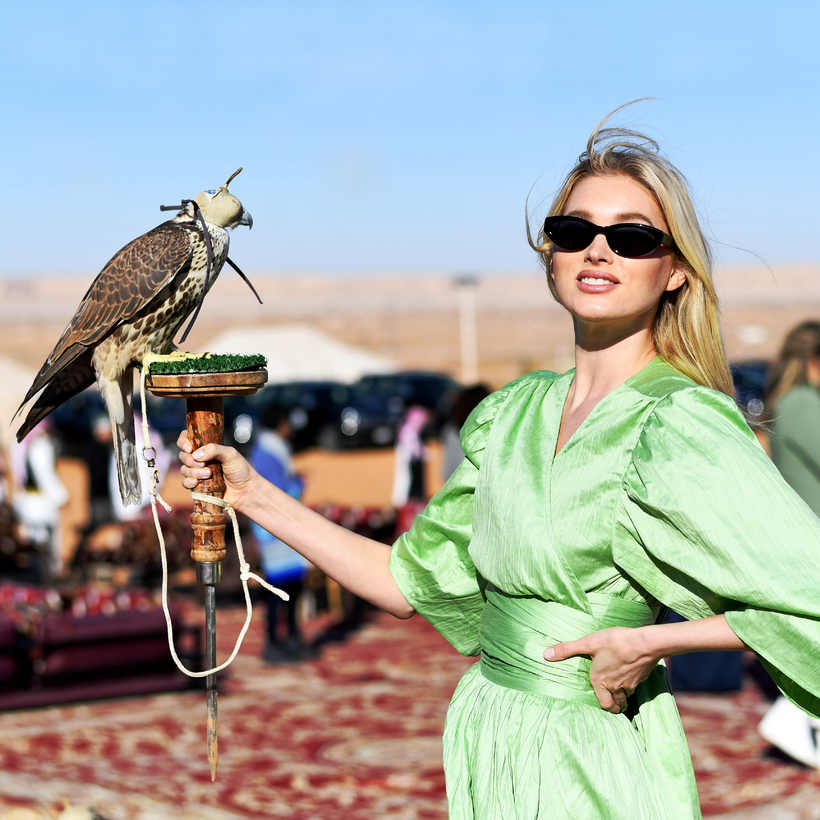Influencers can and will shill for anything, or anyone, at any time. On Instagram, Kim and Khloé Kardashian have hawked Flat Tummy Tea, a diarrhea-inducing weight-loss beverage, while Floyd Mayweather Jr. endorsed a crypto-currency later revealed to be a scam, and models including Bella Hadid and Emily Ratajkowski promoted the sham Fyre Festival.
Although it’s common to see paid promotion on social media, some sponsored content is more ethically dubious than others. The pinnacle: government-funded trips to Saudi Arabia, a country with a laundry list of human-rights abuses (from arresting journalists to denying women their rights and outlawing certain religions).


